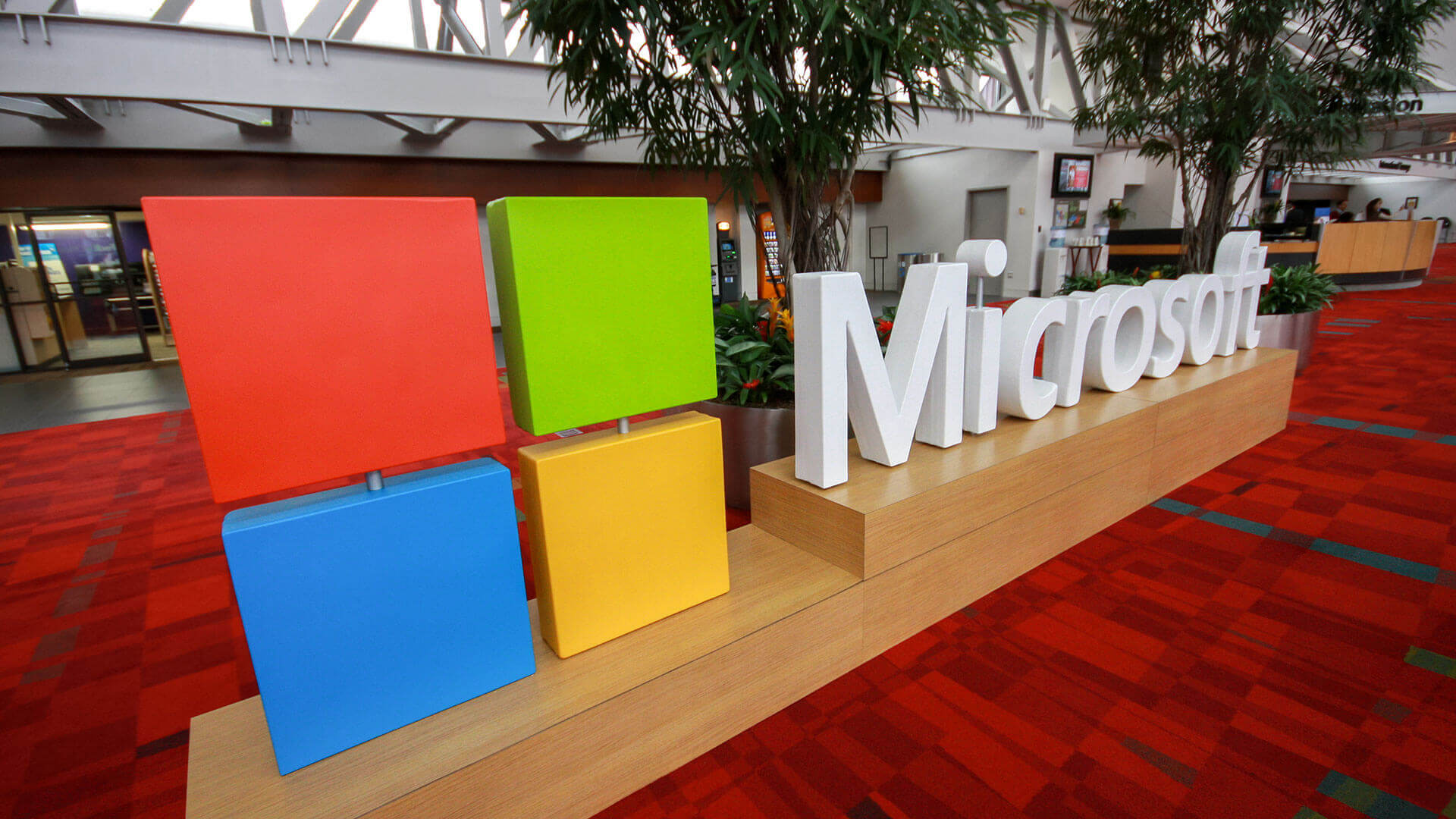In today’s competitive job market, the ability to stand out from the crowd is more crucial than ever. To do so successfully, individuals must highlight their unique strengths, some of which are highly sought after. Undoubtedly, one of the most sought-after and challenging skills to possess is multitasking.
Multitasking is often demanded of everyone in their daily work routine, with varying results. From emails to meetings, urgent projects to looming deadlines, our workday is often a flurry of activities that require our simultaneous attention. But the real question is: is multitasking truly a valuable and positive trait? Over the years, numerous studies have been conducted to try to answer this question, and the complex nature of the topic has led to diverse responses.
Early Studies on Multitasking
Initial studies on multitasking revealed that individuals distracted by incoming emails and phone calls experienced a 10-point drop in their IQ, equivalent to a night’s lost sleep.
The misconception is that doing multiple things simultaneously leads to greater productivity in less time. In reality, our productivity can decrease by up to 40% because we are not true multitaskers. We are merely capable of rapidly switching between tasks, interrupting ourselves in an unproductive manner and wasting time. The brain can only process a limited number of actions, complex decisions, and information at a time.
The most intriguing aspect lies in the perceived experience of multitasking. Studies have shown that those who engage in frequent multitasking are less proficient at doing multiple things simultaneously compared to those who multitask less. In other words, unlike most other things in life, the more you multitask, the worse you become at it: practice, in this case, does not make perfect.
A New Perspective on Multitasking
As highlighted, multitasking is generally considered a stress factor that reduces performance, as the brain struggles to juggle two tasks simultaneously and rapidly switches back and forth, leading to a loss of precision each time it shifts focus.
Interestingly, these studies have solely focused on the immediate consequences of multitasking, without delving into the after-effects. Recent studies have addressed this very aspect, revealing that multitasking can actually fuel creativity. Stemming from the notion that when individuals have two separate pieces of information in their minds, they are able to act and engage in more creative ways, the logical consequence is that multitasking could have a similar effect. Additionally, multitasking leads individuals to feel energized and alert, increasing their heart rate and enhancing idea generation.
Which Approach to Multitasking?
Since multitasking is often demanded by our work environment, the key seems to lie in how we choose to implement it. A more strategic and selective approach allows for fostering innovation and establishing clear priorities, thus avoiding tackling everything at once.
While further specific studies on multitasking are underway, the best possible solution appears to be one that capitalises on the identified benefits of multitasking while limiting its detrimental drawbacks.
Have you read?
Best countries for hiring freelancers.
Highest Paid Big Pharma CEOs And Top Executives.
Best Websites For CEOs, business leaders, and high-net-worth individuals.
Best Executive Search Firms And Consultants in America.
Revealed: Most Powerful Women In The World.
Add CEOWORLD magazine to your Google News feed.
Follow CEOWORLD magazine headlines on: Google News, LinkedIn, Twitter, and Facebook.
This report/news/ranking/statistics has been prepared only for general guidance on matters of interest and does not constitute professional advice. You should not act upon the information contained in this publication without obtaining specific professional advice. No representation or warranty (express or implied) is given as to the accuracy or completeness of the information contained in this publication, and, to the extent permitted by law, CEOWORLD magazine does not accept or assume any liability, responsibility or duty of care for any consequences of you or anyone
else acting, or refraining to act, in reliance on the information contained in this publication or for any decision based on it.
Copyright 2024 The CEOWORLD magazine. All rights reserved. This material (and any extract from it) must not be copied, redistributed or placed on any website, without CEOWORLD magazine’ prior written consent. For media queries, please contact: info@ceoworld.biz
SUBSCRIBE NEWSLETTER


























































![Social Media Spring Cleaning [Infographic] Social Media Spring Cleaning [Infographic]](https://imgproxy.divecdn.com/9e7sW3TubFHM00yvXe5zvvbhAVriJiGqS8xmVFLPC6s/g:ce/rs:fit:770:435/Z3M6Ly9kaXZlc2l0ZS1zdG9yYWdlL2RpdmVpbWFnZS9zb2NpYWxfc3ByaW5nX2NsZWFuaW5nMi5wbmc=.webp)
![5 Ways to Improve Your LinkedIn Marketing Efforts in 2025 [Infographic] 5 Ways to Improve Your LinkedIn Marketing Efforts in 2025 [Infographic]](https://imgproxy.divecdn.com/Hv-m77iIkXSAtB3IEwA3XAuouMwkZApIeDGDnLy5Yhs/g:ce/rs:fit:770:435/Z3M6Ly9kaXZlc2l0ZS1zdG9yYWdlL2RpdmVpbWFnZS9saW5rZWRpbl9zdHJhdGVneV9pbmZvMi5wbmc=.webp)












